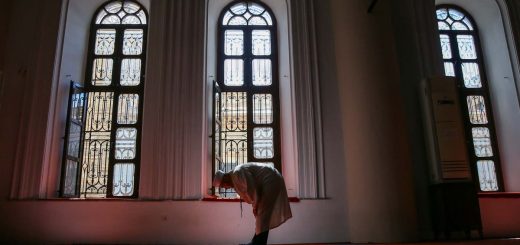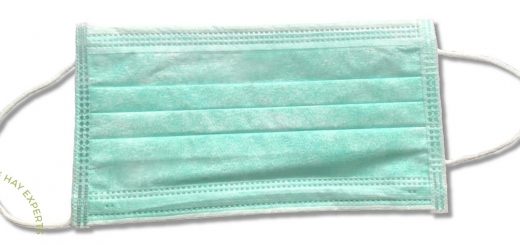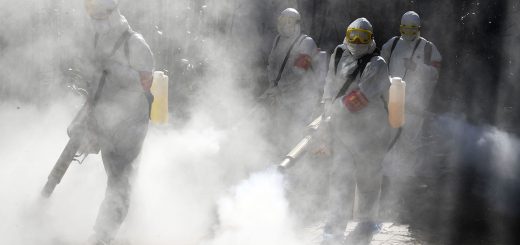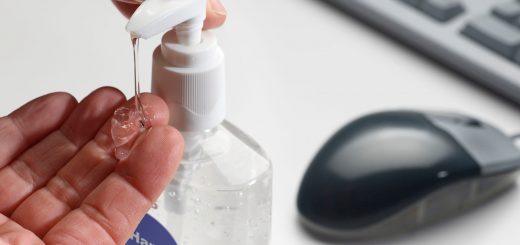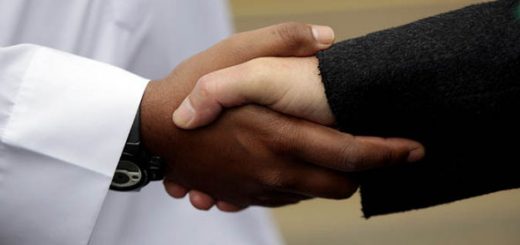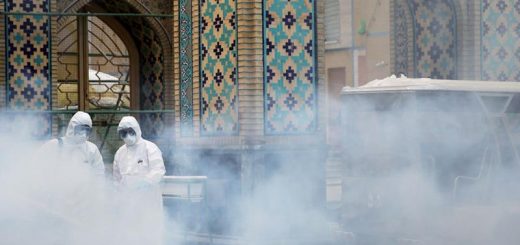QUESTION:
What do the scholars of the Dīn and muftīs of the Sacred Law state regarding the following issue: are those people who die of diseases such as Coronavirus [COVID-19] regarded as martyrs, if so, does that mean there is no ghusl and shroud for them? If there is ghusl for them, please advise on how it should be done.
Questioner: Ifraz from Sheffield, UK
ANSWER:
بسم اللہ الرحمن الرحیم
الجواب بعون الملک الوھاب اللھم ھدایۃ الحق والصواب
In the general books of Islamic Law in the Hanafi Mazhab, the definition of a martyr is that sane adult who has been unjustly killed with a harmful instrument and he has died immediately without benefiting from any worldly pleasure and that compensation has not become necessary for his or her death. This martyred person will not be bathed and will be buried in the very state that he or she is in.
As for those people who are mentioned in the Hadith as Martyrs other than the one who dies in the battlefield such as the one who dies in a plague, from pneumonia or at child birth etc, he or she is given the reward of a martyr but will be given the complete bath and shroud etc. This is mentioned in Bahare Shariat with reference to Radd Al-Muhtaar.
The bathing of the Muslim deceased is a collective obligation and it is a condition for the Janazah Salah to be valid. If the bathing has not taken place then the Janazah Salah is impermissible. This is mentioned in Fataawa Alamghiri.
Due to the situation we are facing around the world today and the measures being put in place by the government it is important that we understand that there is no rinsing of the mouth or nostrils in the bathing of the deceased. The obligation is achieved by ensuring that water flows over the whole outer body once and to do it three times will achieve the Sunnah. This is mentioned in Bahare Shariat with reference to Fataawa Alamghiri.
If the body of the deceased is placed in a pool of water even if it is a small pool and then removed, the obligation will be fulfilled and then the Janazah Salah will be valid. It is better to give movement to the body in the pool of water thrice to achieve the Sunnah ghusl.
If for a valid purpose, bathing is not within our capability due to an enforcement from the government, tayammum can be exercised. However, this will not be sufficient to permit the Janazah and fulfill the obligation unless all attempts of allowing the bathing have been exhausted and failed and Allah knows best.
The person or persons who do the ghusl should be reliable people that would ensure the ritual has been completed and it is better that they be in state of purity. A man must be bathed by men and woman by women. If the deceased is a small child then men can bathe the girl and women can bathe the boy. The wife may bathe her deceased husband but not vice versa. Although a husband is permitted to look at his deceased wife, he is not permitted to touch her or bathe her.
As for the Janazah Salah, it is a collective obligation and even if one person performs the Janazah Salah, the obligation is fulfilled. There is also no harm in performing one Janazah Salah for several deceased Muslims together. All these rules of Islamic Law are of the Hanafi Mazhab and mentioned in Bahare Shariat.
واللہ تعالی اعلم ورسولہ اعلم صلی اللہ علیہ وآلہ وسلم
Answered by Mufti Zahid Hussain al-Qadri
Other related answers on the website:
[Q-ID0784] Should the Ghusl & Shrouding be suspended for those who died due to the Coronavirus?
[Q-ID0780] Should the Mosques be closed due to the outbreak of Coronavirus [COVID-19]?
Also see the following:
Evaluating the current guidelines regarding the handling and ritual washing (Ghusl) of the Muslim Deceased Patient with COVID-19 – by Dr S Shahid (Leicester)
The Guidance For Handling Bodies Following Death From COVID-19 – by the National Burial Council (Muslim)

